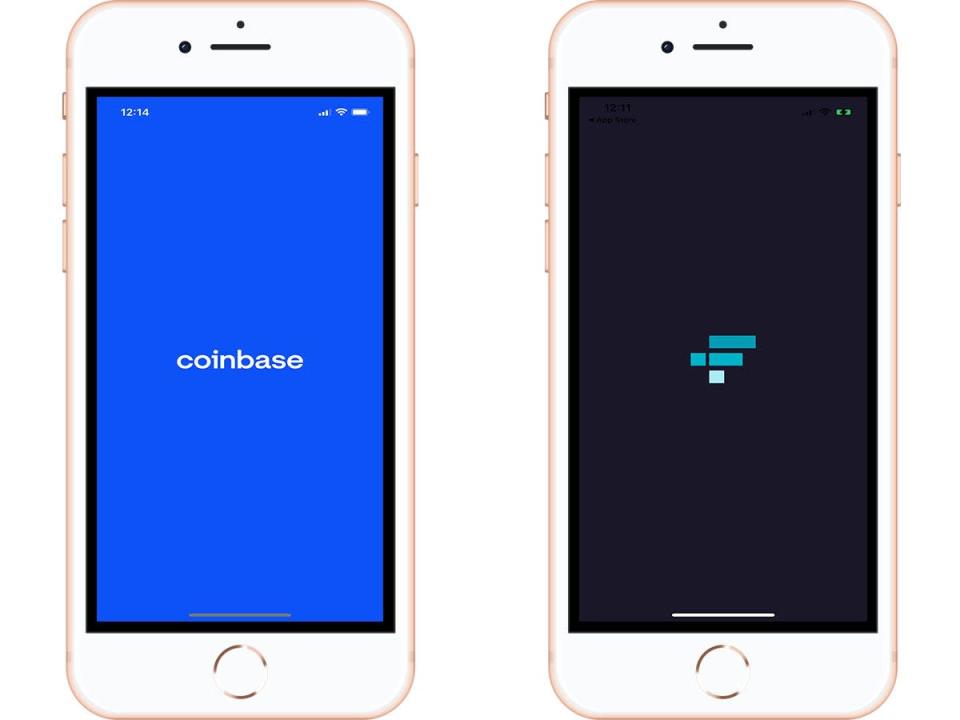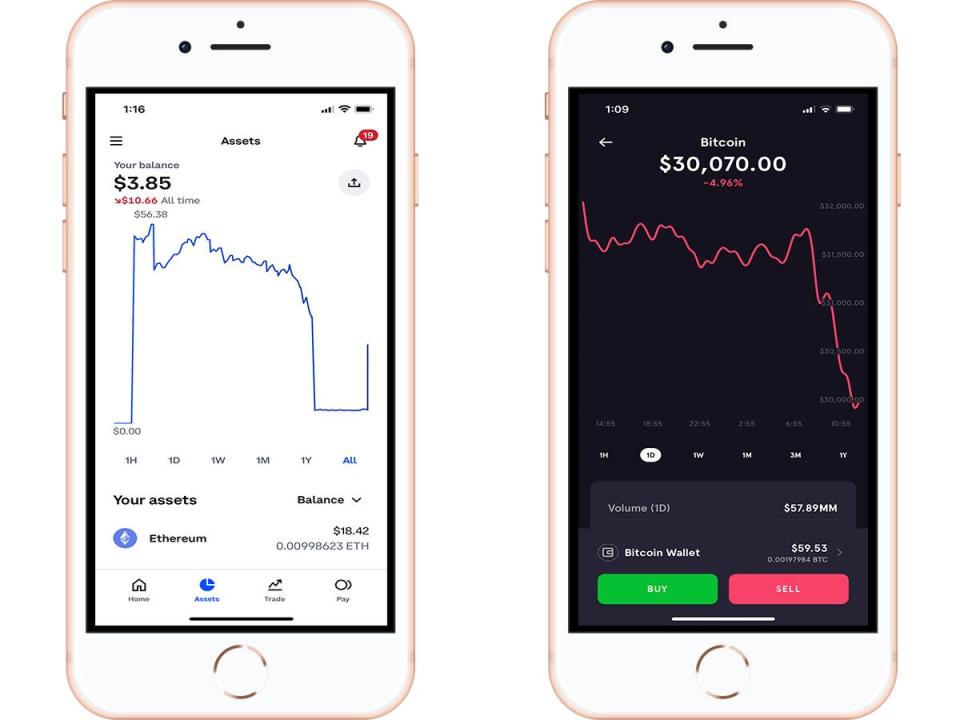
-
I used Coinbase and FTX.US, two of the largest exchanges, to buy crypto.
-
Overall, Coinbase is the better choice if you’re new to crypto and want something beginner-friendly.
-
This article is part of “Master Your Crypto“, a series from Insider helping investors improve their skills in and knowledge of cryptocurrency.
There are lots of big fish swimming in the booming crypto sea — and two of the largest exchanges are Coinbase and FTX.
The former was founded in 2012 by CEO Brian Armstrong and has since grown to be many users’ preferred place for buying and selling virtual coins. FTX, meanwhile, stood up in 2020 and in May surpassed Coinbase as the world’s second-largest centralized exchange by market share, behind Binance.
Of note: FTX’s US arm, ftx.us, offers a slimmed-down version of what’s available from FTX in other countries.
How do the two platforms compare? And which should you choose if you’re just now wading into the crypto waters? It depends on your experience level — and how willing you are to tolerate fees.
FTX has NFTs, but only offers 27 different coins. Coinbase has over 150.

I used Coinbase before to buy crypto for the first time in March and eventually ended up purchasing an NFT. But I’d never used FTX.
After downloading the app, it very easily connected to my Gmail to create a new account.
I originally bought ethereum on Coinbase, so I thought it’d be good to change it up and buy bitcoin on FTX. Coinbase has cemented itself as a beginner-friendly crypto exchange, so I was curious to see if FTX was similar or more geared toward experienced users.
Right off the bat, I noticed that FTX has the option to buy and sell NFTs on top of crypto. That’s a bit of an anomaly among crypto exchanges, though Coinbase is prepping to launch its own NFT marketplace later this year.
Plus, FTX offers more types of trading, including margin lending, where you borrow money from the platform through an automated system so you can invest more — with notable risk.

FTX offered 27 coins for me to buy — Coinbase offers five times that amount, with more than 150 cryptocurrencies available to trade. There were also a few popular coins that Coinbase offers that FTX does not, including Cardano and Polkadot.
They both had bitcoin, of course, so I set out to diversify my portfolio.
I typed in my legal name, birthday, home address, social security number, phone number, and debit card info. It was painless.
There was a limit of $2,000 that I could deposit every 7 days, presumably since I was a new user. On Coinbase, there was a $7,500 weekly limit when using a credit card and $300 with a debit card.
I deposited $60, which took a $2.04 card processing fee, and then quickly and easily bought $60 worth of bitcoin — or .00197 at the time.
And just to refresh my memory — and check for any updates — I bought $20 more of Ethereum on Coinbase. When you take a screenshot of your assets on the Coinbase app, a banner pops up asking if you’d like to share your portfolio on social media.

Coinbase is more established, has more to offer, and is better for newbies
FTX is a good choice for seasoned crypto traders who buy and sell more on a daily and weekly basis thanks to lower trading fees. To buy $1,000 of bitcoin, you’d pay just $4 on FTX vs $14.90 on Coinbase, The Motley Fool pointed out.
All in all, if you’re looking for an exchange to simply satisfy your crypto curiosity and trade the major coins, Coinbase and its user-friendliness may be the better option.
It has more cryptocurrencies available, including many FTX does not, and has been around eight years longer than its competitor.
The crypto space is still trying to iron out the fraud and security kinks that have kept some users from trusting it in the same way they rely on the traditional financial system. Those anxieties might be another reason to stick with the most established player of the two: Coinbase.
This article is intended to provide generalized information designed to educate a broad segment of the public; it does not give personalized investment, legal, or other business and professional advice. Before taking any action, you should always consult with your own financial, legal, tax, investment, or other professional for advice on matters that affect you and/or your business.
Read the original article on Business Insider
